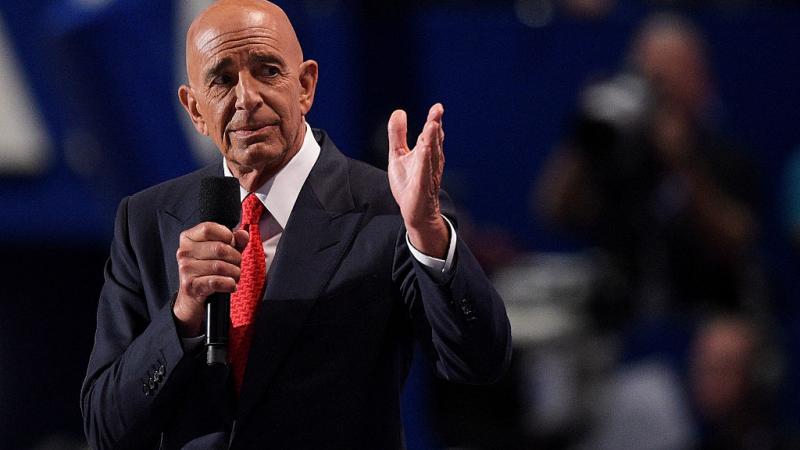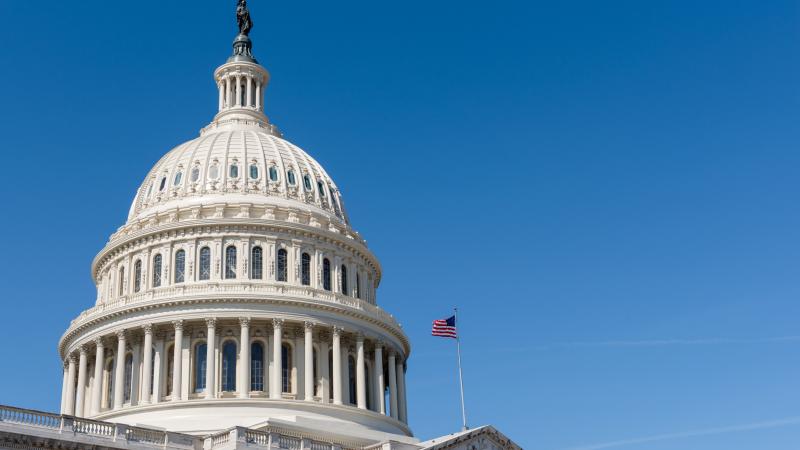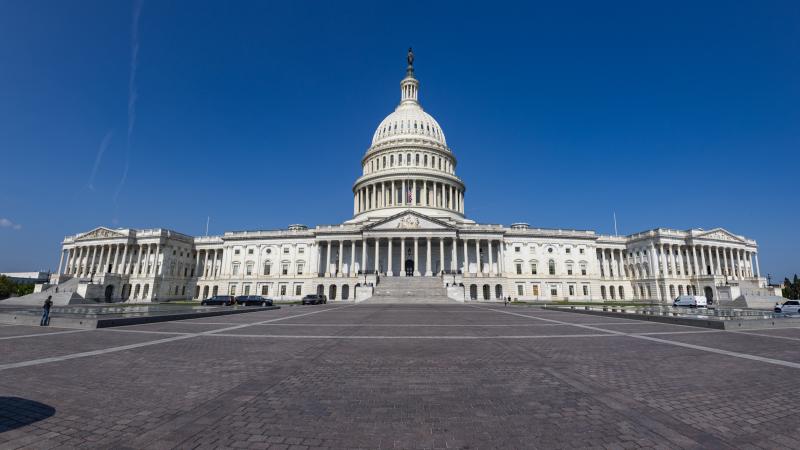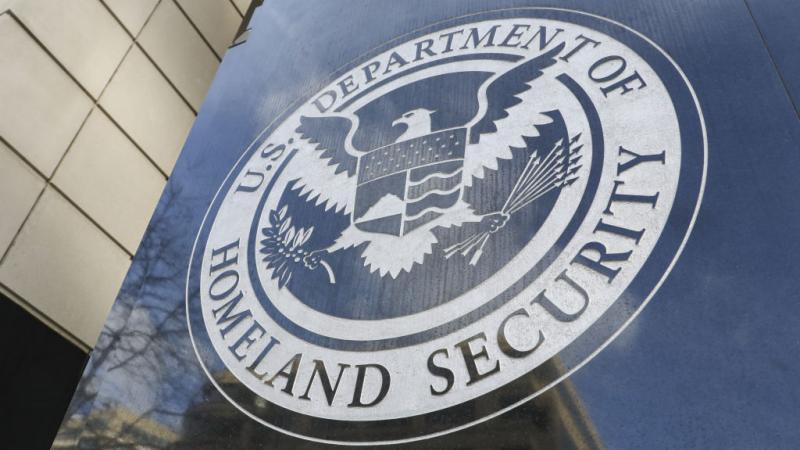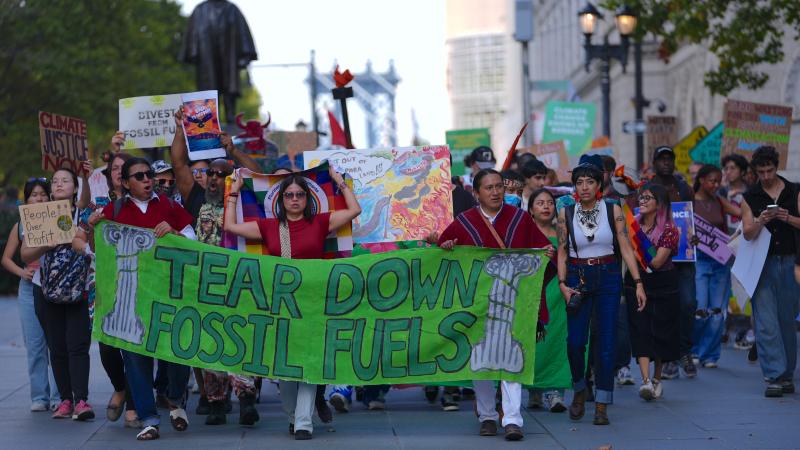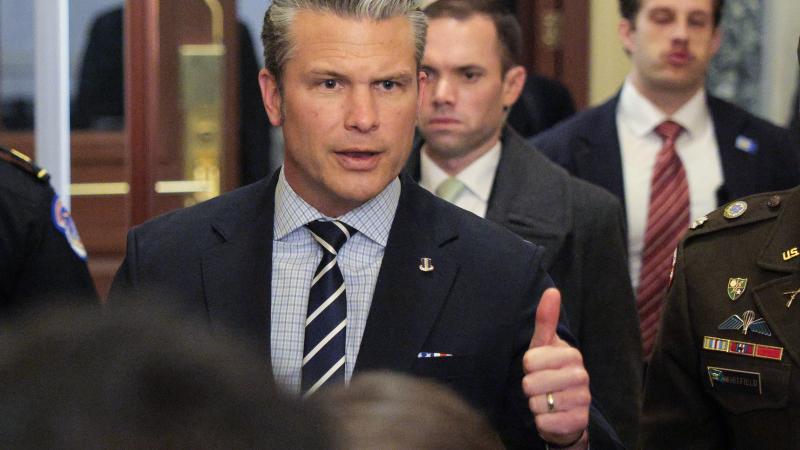U.S. envoy to Israel hints UAE deal may be first of several: 'Other dominoes are likely to fall'
U.S. Ambassador to Israel David Friedman says the normalization of relations between Israel and another Arab neighbor is "a wake up call to the Palestinians that if they want to engage, now's the time."
As a New York businessman, Donald Trump always had a reputation as a dealmaker. Now, with the ink barely dry on an historic peace deal brokered by the United States between Israel and the United Arab Emirates, one of the key figures in the diplomatic breakthrough says the president deserves the credit.
"The author of 'The Art of the Deal' has made a very artful deal," David Friedman, the U.S. Ambassador to Israel, tells Just The News. "He created sort of the tension, he created the opportunity, and then he allowed the parties to kind of rise to the occasion with his encouragement. This is what he does best … I think he's got a few more tricks up his sleeve."
That may include additional Arab nations inking peace deals with Israel. Bahrain has come out in strong support of the agreement and may be next in line for a peace deal. Countries like Oman and Morocco have also been friendlier with Israel recently, and while major players like Saudi Arabia aren't quite ready to take the diplomatic peace plunge, this current deal may be a down payment on something much larger.
"It's a real icebreaker," Friedman says. "I think the dominoes are likely to fall. Now, to who, when, how — there are a lot of opportunities out there."
For the deal to get done, Israel had to agree to suspend controversial annexations in the West Bank, thereby holding back, temporarily at least, declarations of sovereignty in the region cherished by many Israelis as the biblical homeland of the Jews. For some hardliners, it may be a hard pill to swallow, even if it's possibly only a short-term accommodation.
Friedman has a direct message for that group. "Take a deep breath, and let us work through what we've just begun," he says. "We are not taking the notion of sovereignty off the table … right now we're putting all our eggs in the basket of trying to advance the cause of peace in the region."
One country in the direct path of peace in the volatile region is Iran. The nation is a dominant, intimidating force in the region, so there's an underlying desire for certain Arab nations to seek strategic alliances and security. The UAE and Israel have a mutual interest in keeping Iran in check.
"UAE and Israel and other countries in the Gulf share a common enemy, which is Iran," Friedman acknowledges. "Common enemies are significant inducements to bring countries closer together."
This historic peace accord between these two countries comes amid a backdrop of a shaky U.S. Middle East peace plan that has not produced results. Palestinian officials trashed this latest peace agreement between UAE and Israel, and as for a peace plan with Israel, they don't trust the United States to broker a fair deal. Friedman, though, has a blunt warning for them: You're running out of options.
"The world is continuing to turn, [the Palestinians] don't have, like they used to, a veto on other nations joining with Israel," the ambassador notes. "Nations are going to do what's in their best interest. In most cases, that includes partnering with Israel rather than being in conflict with Israel, and I think ultimately it's a wake up call to the Palestinians that if they want to engage, now's the time."


